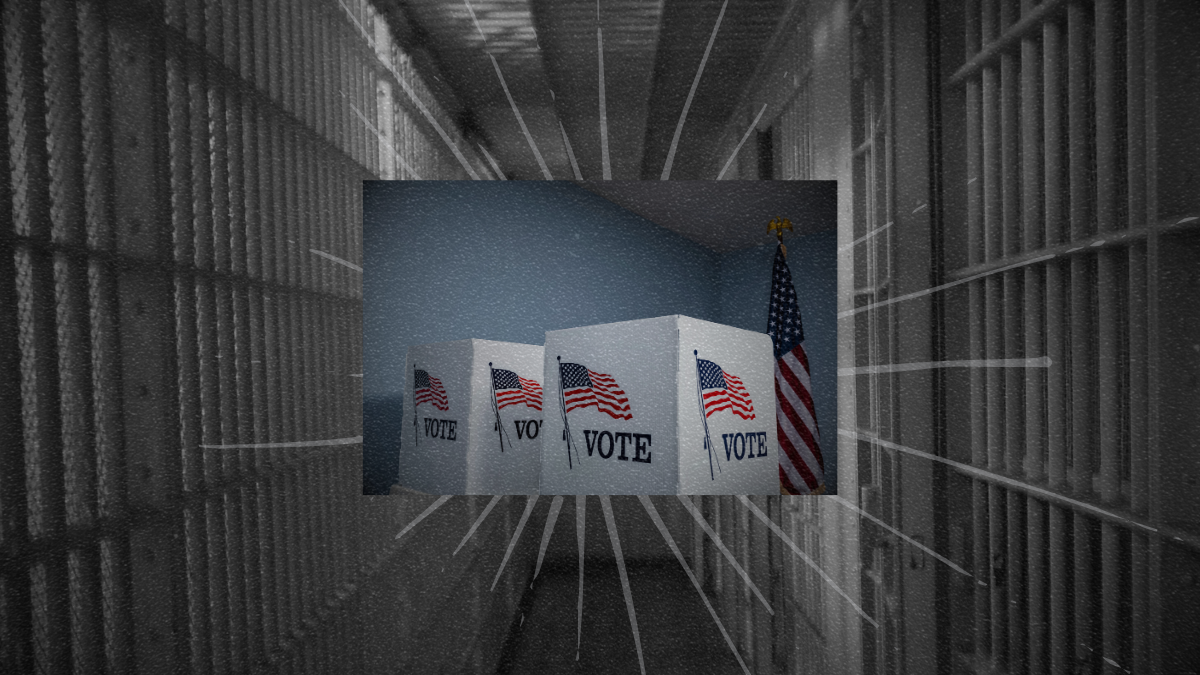Source: The Associated Press
A federal judge has put a stop to the enforcement of a North Carolina law that had severe penalties for individuals voting while still on probation or parole for a felony conviction, even if they mistakenly violated the voting law. This decision has been welcomed by advocacy groups representing low-income residents and Black union members. However, the ruling only addresses certain claims of illegal voting that occurred before 2024.
The General Assembly modified the law last autumn, stating that from January 1st, a felony offender must knowingly break the law by voting for it to be considered a crime. Yet, the old law remained intact. Plaintiffs in a lawsuit from 2020 argued that individuals could still face prosecution for votes cast before 2024 under the old regulations, which did not require intent to violate them. They feared that numerous pending cases could still be pursued by local district attorneys.
In her recent ruling, U.S. District Judge Loretta Biggs deemed the pre-2024 law unconstitutionally vague. She pointed out instances where district attorneys questioned the necessity of intent, indicating a lack of clear standards for enforcement. Furthermore, Judge Biggs noted the racial bias embedded in the pre-2024 law, tracing its roots back to the Jim Crow era. She stated that the law disproportionately affected Black voters and had discriminatory origins dating back to an 1877 law targeting disenfranchised felons, particularly Black individuals.
Government lawyers argued that a new North Carolina Constitution in the early 1970s signaled a departure from the law’s discriminatory history. However, Judge Biggs disagreed, highlighting that the law remained virtually unchanged for decades. The decision is subject to appeal, with the state Department of Justice reviewing it.
Under North Carolina law, a felon’s voting rights are automatically restored upon completion of their sentence, including incarceration and probation. However, they must re-register to vote. Advocacy groups, including those involved in voter education, argued that leaving the pre-2024 law in place would deter eligible ex-felons from registering out of fear of prosecution.
Biggs’ decision aims to prevent individuals who mistakenly believe they are eligible from facing criminal charges for attempting to participate in the political process and fulfill their civic duty. This ruling contrasts with a previous recommendation for dismissal by a U.S. magistrate judge, who cited the January 1st amendment as reducing the threat of prosecution for prospective voters. The lawsuit, initiated in September 2020, faced legal delays before reaching this conclusion.





